Lost in the crowd to win the proposals?
Just like you – your client will get several proposals from other vendors; proposals of all shapes, sizes, and values. Does yours’ look similar, weaker, or exceptional? It’s all about the story you tell.
Proposal writing refers to the act of preparing a written pitch on a particular subject or topic. It requires a lot of forethought, creative writing, and a deeper understanding of the target audience to ensure your proposal is better than ordinary. While writing these proposals, the only opinion that matters is that of the receiver, the client. The best way to ensure a good proposal is to look at it from the client’s POV (point-of-view.)
A good proposal is that which answers all of the client’s questions, explains the benefits of your approach, and articulates the benefits for a client if they choose your proposal. This process is also known as “Pain, Proposition, Proof.”
“Pain, Proposition, Proof” – Identifying the client’s pain points; Proposing customized solutions to address those pain points; and providing proof that you are capable of pulling off what you have proposed, for instance, some of your past works that are similar to the current client’s needs. These are essential aspects to consider when seeking proposal consulting services.

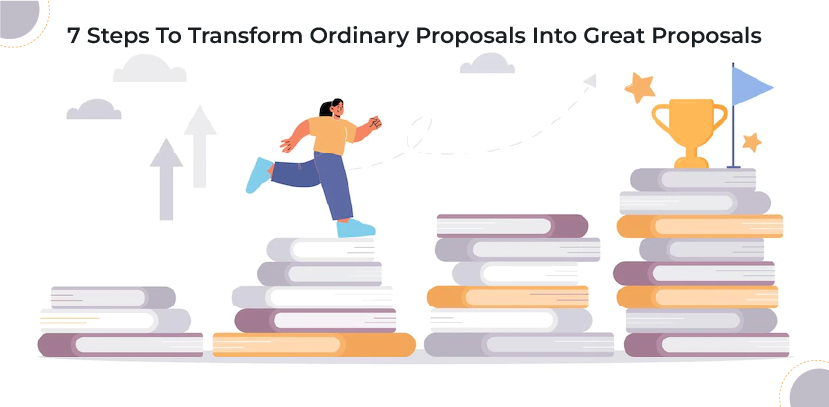
Just because you want to win a proposal does not mean that you need to go about it in a complicated way. There may be a lot to do and a lot to think about, but that doesn’t necessarily mean you need to have a complex proposal process. Unfortunately, figuring out how to best simplify preparing proposals may not be obvious. To simplify their proposal efforts, businesses often do things that hurt their chances of winning.
7 Simple Things to Improve Your Proposal Writing
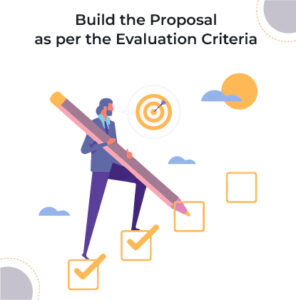
The first question that you must ask yourself while proposal writing is that. ‘Is the proposal written as per the evaluation criteria to achieve the highest score?’
Study the evaluation criteria thoroughly and ensure that your proposal includes all the required things mentioned in the evaluation criteria. Use the exact terms and terminologies used in it, and each point that you choose to mention in the proposal must be in context or reference to this evaluation criteria.
After making sure that your proposal is in line with the evaluation criteria, the next step is to ensure that when an evaluator looks at your proposal, he doesn’t have to keep looking for points that prove RFP compliance. Rather, put them in your proposal in such a way that they are easy to locate and save the evaluators’ time.
When there are many proposals to be evaluated, the easiest way for the evaluators is to disqualify as many proposals as possible based on their non-compliance. This is where professional proposal writing services can make a significant difference.
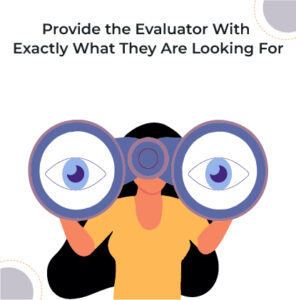
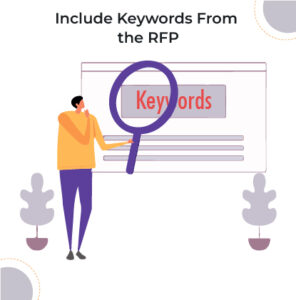
While writing a proposal, use the keywords from the RFP. No matter how strongly you want to use certain other terms, it is always better to use the RFP’s terminologies in the proposal.
When an evaluator looks at your proposal, he will see RFP’s keywords and will automatically get to know that you have gone through the RFP thoroughly.
Address the 5W1H questions – who, what, where, when, why & how – and try to answer all these questions in your proposal.
By providing the viewer with answers to all the questions that may or may not come to their mind, is a sure-shot way of making an impact with your proposal.
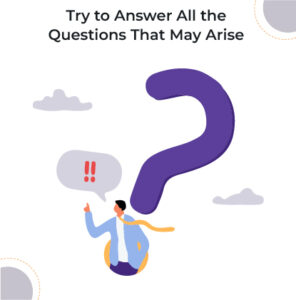
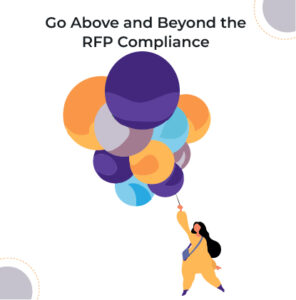
During submission, everyone is submitting a proposal in response to the same RFP. So, mere compliance with an RFP is no guarantee of being rewarded with the winning bid.
In order to stand out from the rest of the competitors, it is important to go above and beyond RFP compliance. Although, this doesn’t mean that you would have to increase your price or anything of such sort. It just means that you need to come up with a way to show and prove that your services and relevant experience better align with the client’s requirements and that you are more trustworthy and credible.
While submitting your proposal, you must ask yourself, “Is the proposal clearly going to demonstrate to the evaluator that this proposal is their best bet?”
If the answer to this question is yes, then there is a very good chance of your proposal getting shortlisted. In order to do so, you must understand what the client truly wants, what their alternatives are, and what are the client’s preferences.

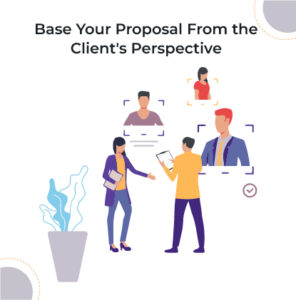
A good proposal is written from the client’s perspective. Rather than choosing to talk about yourself and/or your company, talk about the client, his pain points, and what you can do to solve these problems.
Provide a value proposition for every proposed solution, add some past references of the work done by you, and just keep everything in line with what the client is expecting. If a proposal is written from the client’s perspective, half the battle is already won.
Closing Thoughts
The difference between an ordinary proposal and a great proposal lies in the details. To propose stand out, you must take a deep dive into what the client wants, address their problems, propose solutions for the same, and provide some proof to assure the client that you are credible and trustworthy.
If you follow the seven tips mentioned above, you can increase your chances of winning the proposal by ten times.
Worxwide Consulting (formerly known as BidsandBeyond) offers RFP consulting services to help IT companies find, write, manage, and win more bids. Contact our bid experts for a higher win probability, time-efficient, and cost-effective services with specialized IT sales enablement services. Worxwide is based out of the US, UK, and India, offering bid consulting, sales transformation, user experience, and customer experience design services.
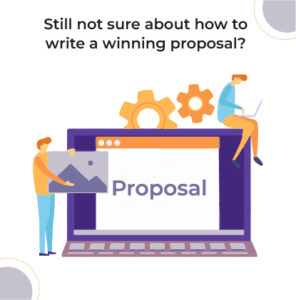
tx, USA

London, UK

India


